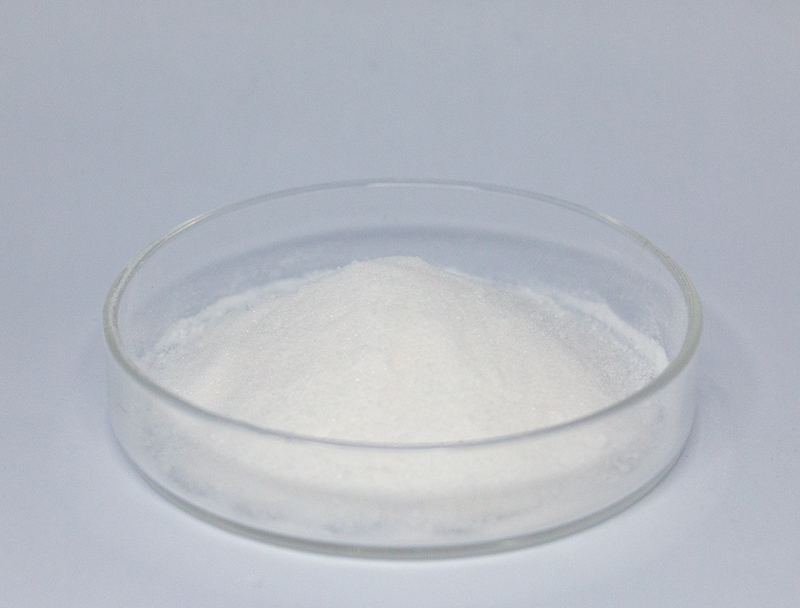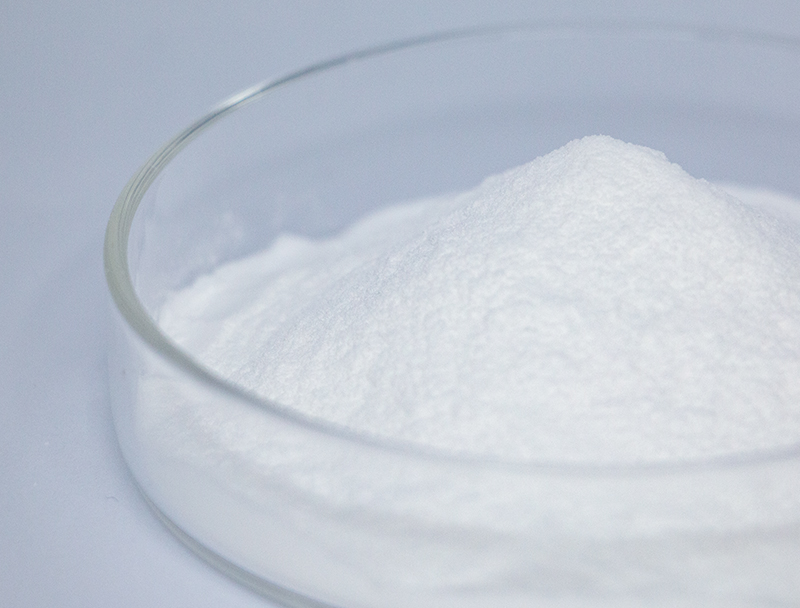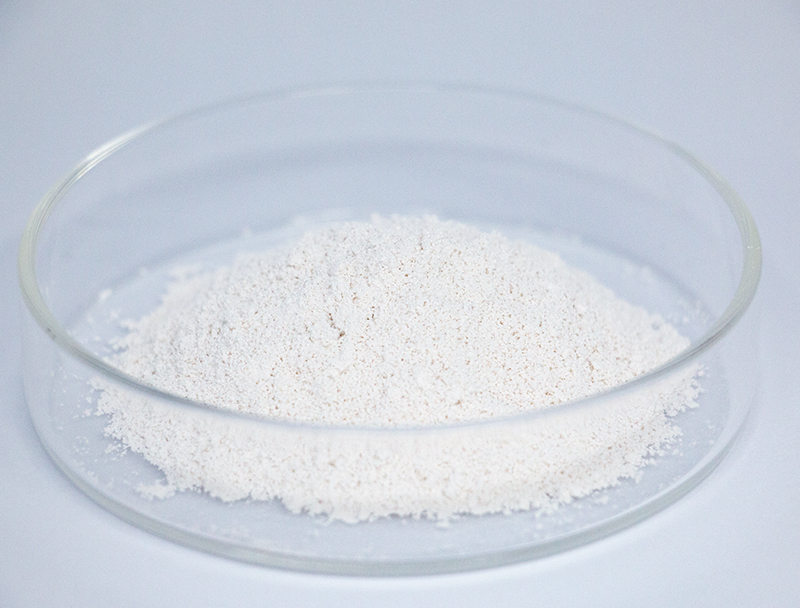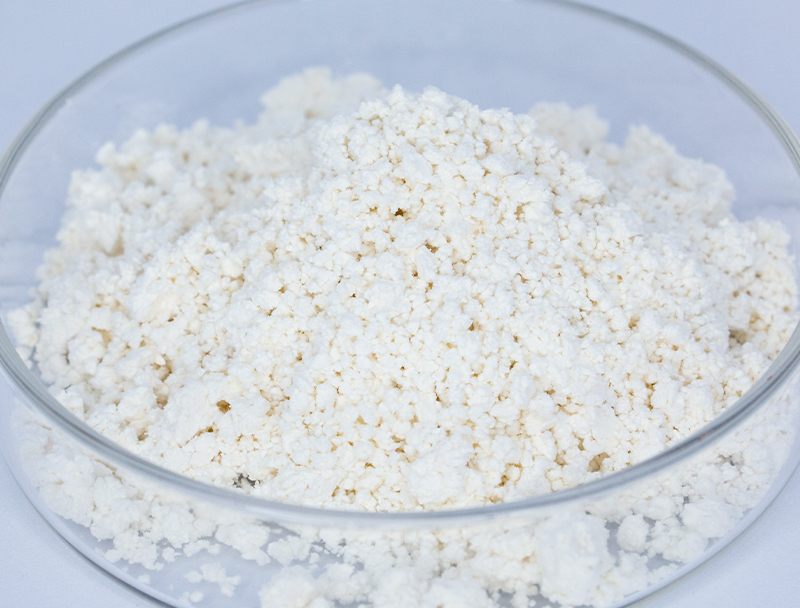
Cell-based production leans heavily upon a diverse spectrum of biomass sources for developing state-of-the-art biosolutions.
Assuring durable supply chain sourcing dictates persistent stability and principled industry advancement.
a range of complications linked to historic procurement practices like ecosystem disruption and unsustainable harvesting. Accordingly, companies are required to implement regenerative sourcing methods to mitigate footprints.
- Examples of sustainable sourcing practices include:
- Employing waste-stream inputs from industry leftovers
- Integrating recovery systems to shrink waste while improving throughput
- Collaborating with regional vendors focused on fair procurement
Transitioning to green supply models secures ecological benefits and economic upside.
Maximizing Feedstock Quality for Increased Biofuel Output
Maximizing the efficiency of biofuel production relies heavily on the quality and composition of biomass feedstocks. Researchers repeatedly investigate innovative methods to enhance feedstock potential, resulting in superior production volumes and sustainable energy gains. Programs combine genetic improvement for biomass productivity with conversion technologies to access fermentable substrates.
- Concurrently, efforts examine seaweed, industrial byproducts, and crop residues to increase the variety of renewable feedstock alternatives for fuel production.
- Because of continual endeavors biofuel technology is set to attain meaningful progress that supports renewable energy growth.

Optimizing Early-Stage Biomanufacturing Processes
represents the initial stages of biopharmaceutical manufacturing, encompassing all steps from cell culture and cell harvesting Recent advances in this domain have led to improved production processes, ultimately increasing product yield.
Notable improvements feature new expression systems, refined media recipes, and automated reactor platforms. These advances improve throughput while lowering both operational expenses and ecological footprints.
- Furthermore, there is a growing trend towards continuous processing in upstream processing, allowing for increased flexibility over the production process.
- This transition to advanced manufacturing techniques is set to transform the sector and accelerate therapeutic timelines.

CRISPR and Beyond: Improving Biopharma Production
evolutions in genetic modification techniques have optimized therapeutic biosynthesis. By precisely targeting genes within host organisms, researchers can enhance the yield of valuable therapeutic proteins. The strategy paves the way toward accessible, high-yield therapeutics across disease spectra.
Microbial Biotechnology as a Sustainable Cleanup Strategy
novel biological remediation techniques leveraging microbial metabolisms for pollution control. Microorganisms possess the remarkable ability to degrade and transform harmful pollutants into less toxic substances.. Harnessing microbe-based degradation fosters cleanup tactics that minimize environmental disruption and residual waste.. Investigators study multiple microbial strains for abilities to transform metals, degrade agrochemicals, and process petroleum wastes.. The microbes may be applied within engineered reactors or in situ to catalyze pollutant degradation via biotransformation..
Microbial-based approaches to remediation bring considerable advantages over traditional solutions. Microbe-driven cleanup typically costs less and generates fewer dangerous byproducts. Moreover, microbes can be tailored to address specific pollutants with minimal impact on non-target organisms. Research efforts persist to upgrade the potency and implementation of microbial remediation strategies.
Computational Biology in Drug Discovery
Digital bioinformatics methods are central to evolving therapeutic discovery processes. By screening targets and refining candidate molecules, informatics drives faster, evidence-based development.
- With analysis of broad omics and clinical datasets, bioinformatic experts identify targets and model drug effects.
- Concurrently, virtual screening and simulation shape the development of more effective therapeutics.
- Finally, bioinformatics is revolutionizing the drug discovery and development process, accelerating the time to bring safe and effective treatments to patients in need.
Synthetic Biology Routes for Elevated Bioproduct Synthesis
adopts varied approaches to raise biosynthetic yields of beneficial compounds. Techniques span CRISPR-mediated edits to reshape pathways, synthetic control elements to fine-tune expression, and gene imports to grant new biosynthetic abilities.. Via targeted metabolic optimization researchers can meaningfully escalate production of desired biochemicals.
This multifaceted approach has the potential to revolutionize a broad range of industries, including biopharmaceuticals, agriculture, and bioenergy.

Barriers and Benefits When Expanding Biopharmaceutical Manufacturing
Large-scale manufacturing brings notable difficulties together with growth opportunities. Sustaining uniform quality across expanded production capacity is a principal challenge. This requires robust process control, precise monitoring, and sophisticated analytical techniques.

A further difficulty lies in process complexity, with many interdependent production phases.. Transforming bench processes into industrial practice requires sustained research and engineering innovation. Yet, the returns can be substantial. Successful industrialization can broaden availability, trim costs, and raise profitability.
Several projects are designed to mitigate these scaling barriers. Efforts include process-digitization tools, integrated analytics for monitoring, and fresh manufacturing paradigms.
- Product development and process R&D are pivotal to boosting production capabilities.
- Government agencies are streamlining review procedures to permit quicker uptake of new production technologies and foster innovation.
Aligning Biomanufacturing with Regulatory Standards for Patient Safety
Developing biologic treatments requires exacting oversight to ensure consistent safety and efficacy. Biologic therapeutics bring unique regulatory and manufacturing demands unlike traditional pharmaceuticals.
Agencies like FDA and EMA develop frameworks and criteria for validating and approving cutting-edge biotherapies..
Meticulous validation protocols are enforced from preclinical validation to long-term post-market evaluation.. These controls function to identify dangers and ensure biopharmaceuticals achieve premier safety standards..
Moreover, oversight agencies continually refine approaches to align with accelerating scientific progress in therapeutics.. Initiatives cover incorporating new methods and supporting faster development while ensuring patient protection.

Plant-Based Biomass Options for Bioplastic Manufacturing
The rising demand for eco-friendly materials fuels R&D on bio-based alternatives. Among these, bioplastics, produced from plant-derived biomass feedstocks, offer a promising avenue towards a greener future. Materials such as starch from corn, cellulose pulp, and sugarcane biomass are convertible into biodegradable polymers that lower plastic waste concerns.
Additionally, many plant-based bioplastics show performance characteristics similar to conventional plastics for numerous uses.. Sustained research efforts are necessary to optimize plant feedstocks for mass bioplastic production and enable circularity.
Emerging Biotech Solutions for Health and Food Security
Biotechnology has emerged as a powerful tool with the potential to revolutionize global health β-Nicotinamide Mononucleotide and address food security challenges. Using genome engineering, synthetic biology techniques, and cell-based treatments, innovators devise ways to tackle pathogens, amplify yields, and improve nutrition.. For instance, genetically modified crops can be engineered to resist pests and environmental stresses, leading to increased agricultural production and reduced reliance on harmful pesticides.. In addition, the field produces vaccines, treatments, and diagnostic tools that are central to fighting infections and improving health worldwide.. With persistent development, biotech stands to offer transformative solutions for global health and long-term food security.
 5-Aminolevulinic acid
5-Aminolevulinic acid